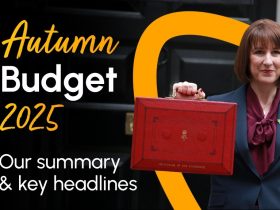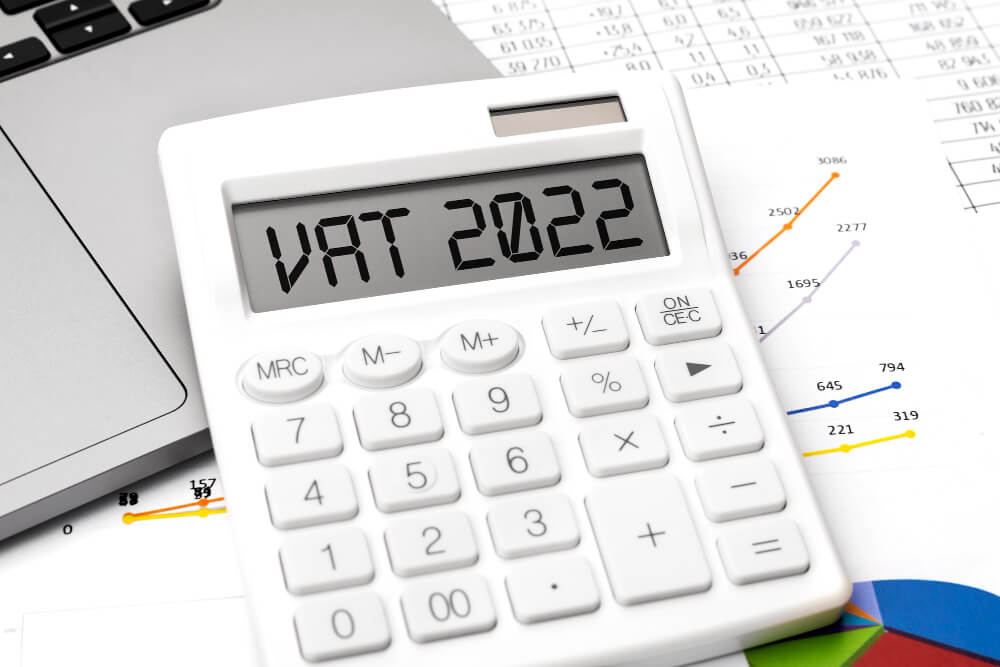The UK government mandates every resident to report their residential property disposals on or after 6th April 2020. It ensures taxpayers pay their estimated capital gains tax liability to the government before the deadline.
For property disposals between 6th April 2020 and 26th October 2021, taxpayers had to report and pay the government within 30 days of completion. However, in the Autumn Budget 2021, for any property disposals happening on or after 27th October 2021, the deadline is increased to 60 days after the completion date.
If someone is responsible for their self-assessment, they must include property disposal on the self-assessment tax return. But, disposal of non-residential property or properties located outside the UK has no such mandatory requirements.
Table of Content
- Who is affected by the 60-day CGT rules?
- What kind of property disposals fall under the rule?
- What is the procedure for reporting to HMRC?
- What is the deadline for reporting the property disposal?
- How to calculate the CGT payment on account?
- What information is to provide on the CGT return?
- Conclusion
Who is affected by the 60-day CGT rules?
UK residents
The UK taxpayers bound by the 60-day CGT rules include:
● Individuals
● Trustees
● Partners in partnership and limited liability partnerships
● Personal representatives
● Joint owners of the property

Non-UK residents
Non-UK residents must follow the rules like others covering residential and non-residential property disposals, even when no tax is due. The reporting requirements for non-UK residents include the following:
● Residential UK property or land
● Non-residential UK property or land
● Mixed-use UK property or land
● Rights to assets that generate 75% of their value from UK land
What kind of property disposals fall under the rule?
The 60-day CGT rule is applicable for disposals of UK residential property on or after 27th October 2021. It applies to direct interests in residential properties, for example, selling or gifting a house.
A residential property can be any property suitable for dwelling, under construction, or adapted for residential use. If the property has a mixed-use throughout the ownership period, the residential part of the gain associated with CGT must be reported within 60 days after completion of the disposal.
A few examples of where taxpayers need to submit a 60-day report are:
● A property where no one ever lived or used for a short period during the ownership
● Holiday homes and rental properties
● Buy-to-let residential property
● House of multiple occupations
The types of transactions that fall within the scope of the 60-day CGT return are,
● Sale
● Gift
● Grant of lease out of the residential property
● Transfer via deed or declaration of Trust
● Transfer via any other means
When there is no tax arising from the property disposal, there’s no need for reporting. It happens when:
● There is a neutral transfer of property to spouses or civil partners
● Exemptions like annual exemptions or Private Residence Relief cover gains arising from the disposal
● Property sold at a loss
● Disposal of commercial property
● Disposal of overseas property
● Disposal of residential property by companies
● The grant of a lease for no premium to an unconnected person
● Disposals by a charity
● Disposals of a pension scheme investment
● Disposal of a property that is chargeable to income tax
What is the procedure for reporting to HMRC?
Through the new digital service of HMRC, taxpayers can easily submit all their reports. Here’s what they can do:
● Login via the Government Gateway
● Register for a CGT on UK property on account with HMRC
● Anyone can report the disposal themselves or authorise a tax advisor to do the same on their behalf
● After submission, the HMRC will provide a payment reference where the taxpayer needs to make the estimated CGT payments.
What is the deadline for reporting the property disposal?
Taxpayers must report to HMRC about the property disposal within 60 days after the date of completion and not after the date of exchange of contracts.
They need to pay the estimated CGT payment on account to HMRC within the deadline; late filing attracts penalties and interest on the unpaid tax amount.
However, a taxpayer may not be required to submit a 60-day return under certain circumstances, like if they have already submitted a self-assessment tax return reporting the disposal.
How to calculate the CGT payment on account?
Taxpayers can calculate the capital gain arising from the disposal of their residential property by considering their annual exemptions and allowable capital losses before disposal (including the brought forward losses from previous years). The annual exemption for individuals will remain at £12,300 for 2022/23, £6,000 for 2023-24 and then to £3,000 from April 2024.
This calculation must not include capital losses arising later in the tax year but can consider any anticipated reliefs. Taxpayers can make changes for inaccuracies on submitted returns but cannot make adjustments for anything occurring after the completion date of disposal.
A calculation of the final tax status will often be incorporated in a taxpayer’s self-assessment tax return. This will account for additional elements, like losses realised after the sale of the property, that were not reflected in the initial tax estimate.
The paid CGT serves as a payment on account of the final self-assessment liability and can be repaid for overpaid tax. However, interest is chargeable when the estimated tax payment is less than the original CGT due and is applicable from the actual due date.
What information is to provide on the CGT return?
A taxpayer must inform the following on their CGT return:
● Property address and postcode
● The dates when they got the property and stopped being the property’s owner
● The date of exchange of contracts when selling or disposing of property
● Property value during acquisition and disposal
● Expenses related to buying, selling or renovating the property
● Information on any tax reliefs, allowances, or exemptions
● Property type, if you are a non-UK resident
● The estimated taxable income in the relevant tax year
● Details of any disposal made in the same tax year

Conclusion
Whenever you think of selling or disposing of a residential property, contact experts to check whether there is a need to report under the 60-day CGT reporting regime. This will save you from paying high costs when found later by the HMRC.











